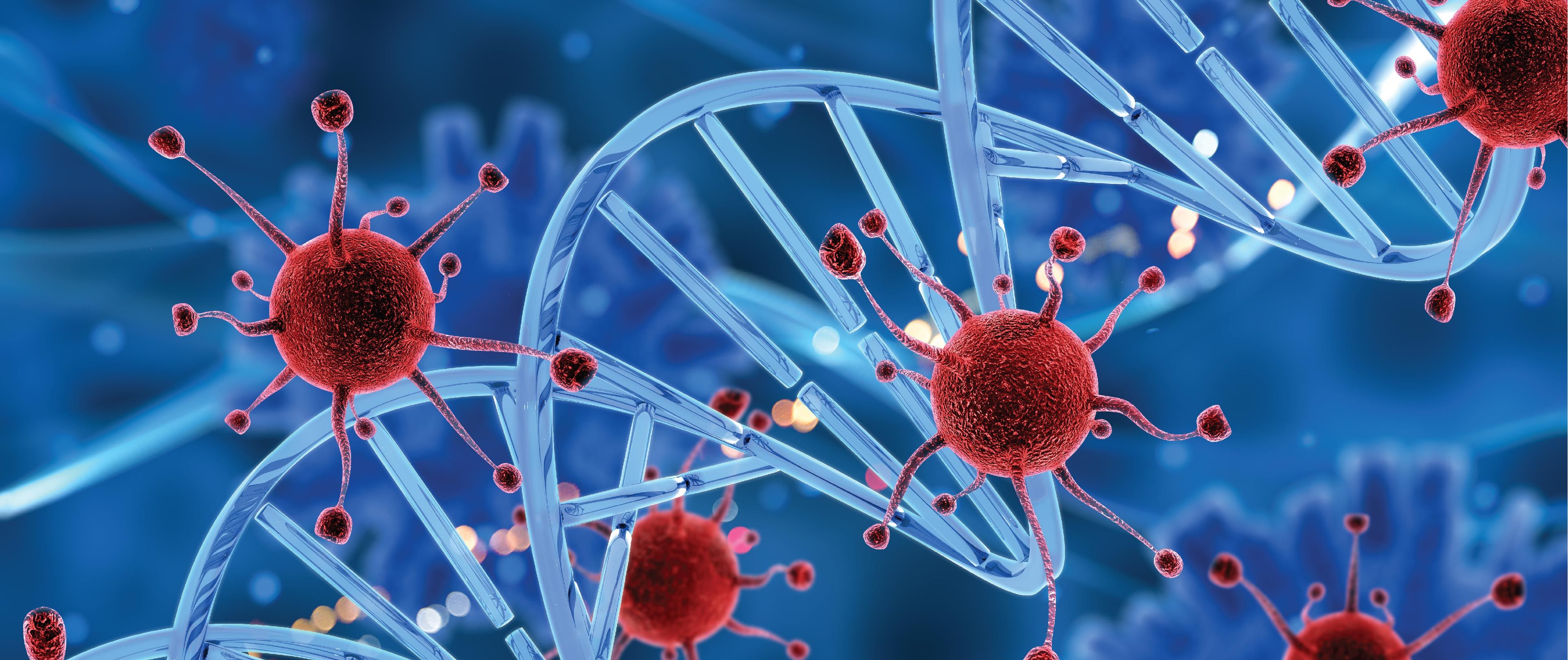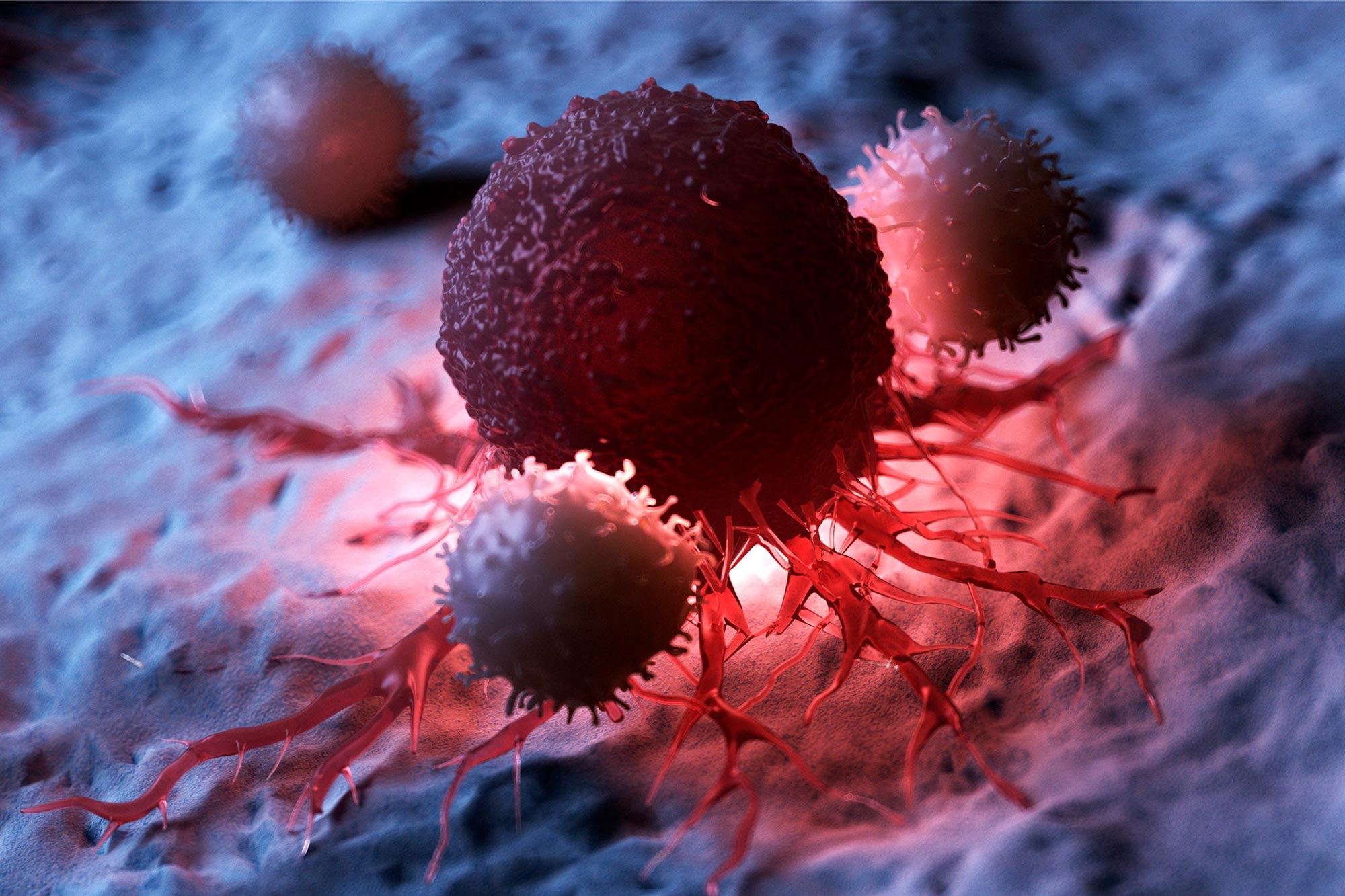Blood Cancer Stage 4 Life Expectancy | How Long Will My Child Live? You may wonder how long you will live, but it is much harder to answer that question for your child.
However, the prognosis is typically very poor if you have blood cancer. You and your family will spend the rest of your life trying to treat the disease.
Your child may die from cancer. While this is unfortunate, it is a reality.
If you’re looking for a quick way to add a few years to your life, I recommend trying a supplement.
You can easily add a few years to your life by adding some supplements to your daily routine. These supplements include vitamin D, Vitamin B-12, magnesium, and zinc.
Some supplements can also boost your energy levels and improve your immune system.
These supplements are easy to take and can be found anywhere, including in pharmacies and grocery stores. You can also get them delivered straight to your door, so there is no excuse for not taking them.
There are no guarantees that you’ll live past your cancer diagnosis. But that doesn’t mean you should give up hope or become fatalistic.
Blood cancers are aggressive cancers that have a very high mortality rate. This means that patients with blood cancers are often diagnosed late, have a very poor prognosis, and have a very short survival period.
For blood cancer survival rates, visit the National Cancer Institute’s website.
Regarding staging four blood cancer patients, what are the life expectancy statistics, and can it be saved?
Blood cancer is a condition in which the body’s immune system fails to stop the growth of abnormal cells. The blood cancer stage that patients reach depends on the type of cancer they have.
This blog will show you some blood cancer stages and life expectancy statistics. If you’re a patient or have a loved one with set 4 blood cancer, I’ll show you how you can help them.

What is blood cancer?
Blood cancer, also known as blood cell cancer, is a disease that starts in the blood and affects the bone marrow. It causes the blood cells to grow faster than normal, leading to too many abnormal cells.
The good news is that blood cancers are treatable. It is important to start treatment early before the disease gets worse.
Blood cancers are cancers of the blood cells, red blood cells, white blood cells, platelets, or plasma.
There are about 30 types of blood cancers, including leukemia, lymphoma, myeloma, and others. Most blood cancers are incurable, but treatment can often lead to a cure.
Blood cancers are sometimes called “blood disorders” because the abnormal blood cells cause the body to produce too many or too few of the normal blood cells. This leads to a low number of healthy blood cells.
Symptoms of blood cancer
There is a whole lot of information out there regarding blood cancers. It can be confusing and overwhelming for those who are just getting started.
To keep things simple, we’ll focus on leukemia.
Blood cancer is a general term used to describe many types of cancer in the blood. There are over 20 different types of blood cancers, including acute lymphoblastic leukemia (ALL), chronic lymphocytic leukemia (CLL), acute myeloid leukemia (AML), and others.
These blood cancers can affect children, adults, and older people.
The Leukemia Society of America estimates that nearly 30,000 people in the United States will be diagnosed with blood cancer this year.
Blood cancers are the fastest-growing cancer type in the UK. But what does this mean for people living with blood cancer?
The reality is that despite the increased recognition of blood cancer, it still carries a high risk of death.

The survival rate of blood cancer
Blood cancer has a very low survival rate. However, there are many different treatments available. This is why it’s important to research each option before choosing what works best for you.
It’s common to see people die from blood cancer because they didn’t do their due diligence. This is why I highly recommend doing your research before committing to any treatment.
In recent years, survival rates of blood cancers have improved significantly. This is because the research and development of new medications, chemotherapy, and targeted therapy have greatly increased the survival rate of blood cancers.
But the survival rate of blood cancer patients remains low. Therefore, I suggest you start looking into alternative treatments. Alternative treatments are non-drug treatments, like acupuncture, massage, yoga, etc. These alternative treatments are often cheaper than traditional therapies.
Blood cancer statistics
Most people have never heard of myelodysplastic syndrome (MDS). But it’s quite common and affects millions of people worldwide. It’s a group of disorders that affect the bone marrow and cause low-grade inflammation.
This means there’s a small chance that MDS could develop into leukemia, which is much more dangerous. Unfortunately, if you develop MDS, it has a high mortality rate.
As a parent, it’s easy to get caught up in worrying about whether or not your child will live long enough to see their first birthday.
But while the statistics may be bleak for some blood cancers, the survival rates for others can be quite high.
For example, Acute Myeloid Leukemia (AML) has a high survival rate of 90%.
So, in other words, the chances of surviving AML are almost guaranteed.
And if you have a good quality of life, the average person can expect to live for around ten years after being diagnosed with leukemia.
I’m not saying you should ignore the odds and hope for the best.
But I am saying that if you look at the numbers and realize they are not all terrible, you can come to terms with them a little bit easier.

Frequently Asked Questions (FAQs)
Q: How did you hear about the organization?
A: My mother’s friend was diagnosed with stage four cancer. I learned about the organization through her. She had an event here, and my mother came with me.
Q: When did you learn about this organization?
A: I found out in July 2011 when I started receiving chemotherapy.
Q: What stage of the disease is your mom in now?
A: She is still in stage three.
Q: What has the organization done to help with your family situation?
A: We have received support from the organization throughout my entire journey. I am now a part of the American Cancer Society Young Survivors of Cancer program. This program is for young survivors who are between the ages of 14 and 30 years old.
Q: How did you learn of your cancer?
A: I was diagnosed in December 2013. I discovered I had stage 4 cancer in my pelvis, an aggressive form of cancer. I had an oncologist appointment in January, and he told me that they found something concerning my scans but not enough to put me on a treatment protocol yet. After that appointment, I had a few meetings with different doctors. I had a PET scan, then a bone marrow biopsy. Everything came back negative. I had a CT scan in February, which showed that cancer had spread to my lungs. I started chemotherapy and radiation in March.
Q: Did you receive any support?
A: I did. My husband has been by my side the whole time. He has kept me positive. He has supported me and been there for me. He is my best friend.
Myths About Blood Cancer
- Patients with stage 4 cancer have a poor prognosis.
- Patients with stage 4 cancer are always going to die from it.
- Patients with stage 4 cancer always feel bad and sick.
- Blood cancer is a terminal illness.
- A patient with stage 4 blood cancer has less than six months to live.
- Patients with stage 4 blood cancer do not have any treatment options.
- Blood cancer patients do not live longer than other people.
- Cancer is a non-life threatening disease.
- Blood cancer is curable if treated early.
Conclusion
What does it mean to live with blood cancer stage 4? What are the stages of blood cancer? How long can you expect to live? How can you know when to stop fighting?
You first need to understand that you can’t cure blood cancer. It will always be with you. The second thing you need to understand is that the longer you survive, the more likely you will experience serious health issues.
It would be best to start living each day as though it’s your last. In other words, you need to start planning and thinking about what kind of life you want to lead after fighting the disease.
You don’t need to do anything fancy. You don’t need to be a millionaire or a world-renowned doctor. You need to be realistic about what you can achieve, your priorities, and what kind of life you want to lead.









